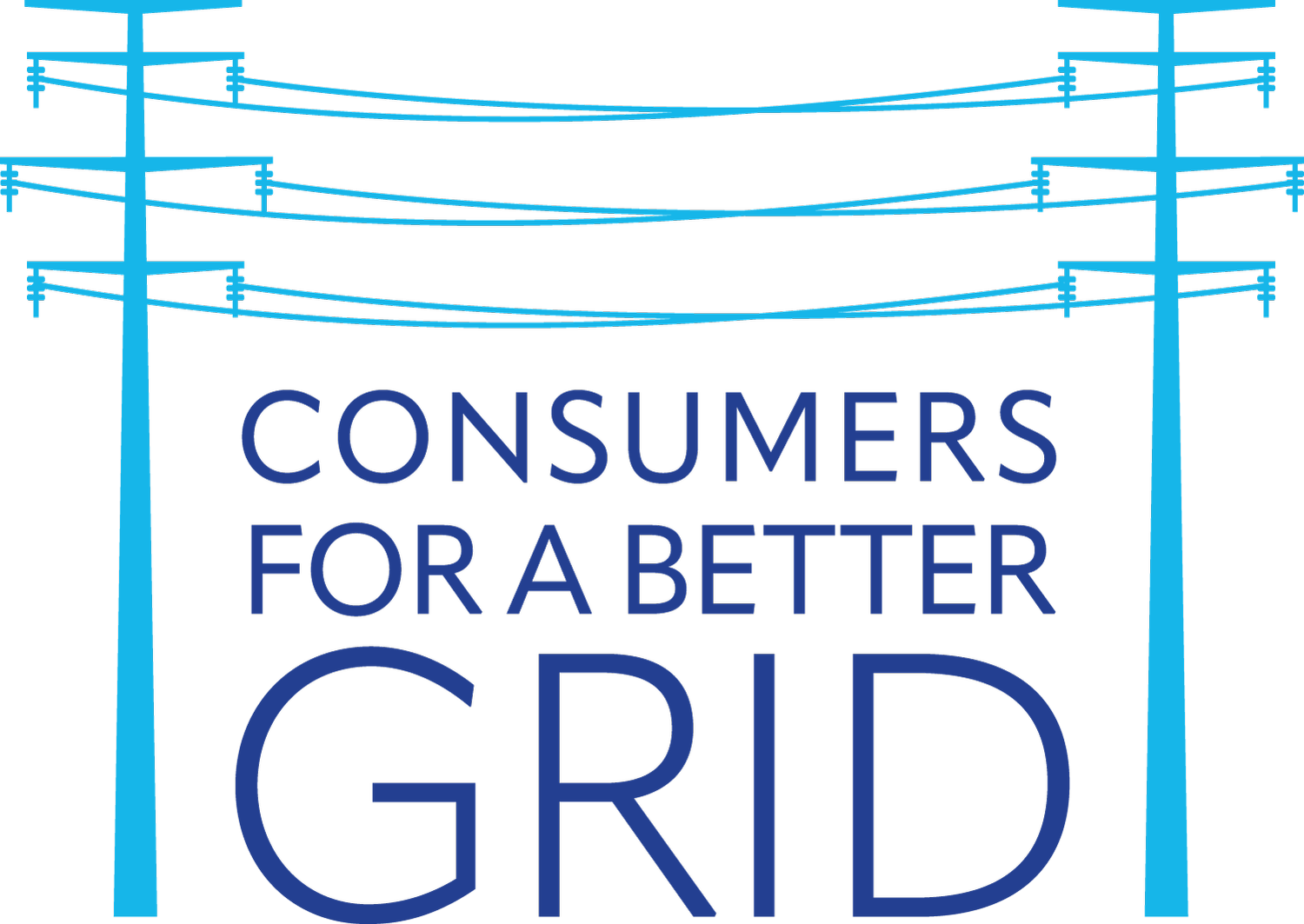Transparency and Good Governance
What's it all about? PJM is an essential service with the power of a government, but it’s run as a private corporation. Board meetings are behind closed doors and most votes of the membership are kept private. Voting membership is dominated by utilities that have an outsized influence on what decisions get made. PJM has not prioritized the transition to cleaner energy and lacks a dedicated Board member with expertise in renewables.
Fighting secret deals: After launching a legal challenge in 2024, consumer advocates got the good news that the Federal Energy Regulatory Commission (FERC) had rejected an anti-consumer proposal PJM had secretly negotiated with a group of transmission owners. In a statement announcing the victory, CUB argued that proposed changes to the so-called Consolidated Transmission Owners Agreement, or CTOA, “would have given large corporations with a profit motive far too much power and secrecy in transmission planning.“ This win was good news, but the fight for transparency continues.
Vote transparency: Utilities are monopolies that provide a vital service, but in the PJM stakeholder process, their votes are largely secret. The public has a right to see if electric utilities are voting against our interests in PJM proceedings on issues that matter to the affordability, reliability, and cleanliness of our electricity. In 2023, the Maryland House advanced a bill that would be the first to require electric utilities in the state to publicly report the votes their representatives take on PJM committees. By 2025, three states–Maryland, New Jersey and Delaware–had successfully passed such legislation, with more states trying to do so.
Board reform: In 2022, we led a proposal to require one PJM board member to have clean energy expertise. The measure was rejected 52-21 after Dayton Power & Light and NRG requested a suspension of the rules to make the vote anonymous. At the time, we said: "It’s illuminating that fossil fuel generators pushed to make this vote off the record. That’s because clean energy is popular and nobody wants to publicly oppose it. We will continue to work for positive reforms like this because such changes are inevitable as we work to fight climate change and build a clean, affordable energy future.”
Why should consumers care? PJM manages electricity markets that impact the power bills paid by 67 million people. What PJM does affects you, so their decision making should be transparent. PJM’s decisions can increase costs for electric consumers, keep expensive fossil fuel power plants running longer than they should, and delay the transition to renewables.
Resources:
CUB fights for consumers before the nation’s largest power grid operator
First in the nation bill seeks to shed light on utility deliberations and ‘shadow government’
POLITICO: Lawmakers in five states seek to force utilities to reveal their PJM votes
CUB Statement on Consumer Victory: FERC Rejects PJM’s Anti-Consumer Transmission Proposal
The good, the bad, and the ugly at the nation’s largest power grid operator
State lawmakers want to peel back the curtain at the nation’s biggest electrical grid operator
Legislators in PJM Region Join Together to Push for Greater Transparency

